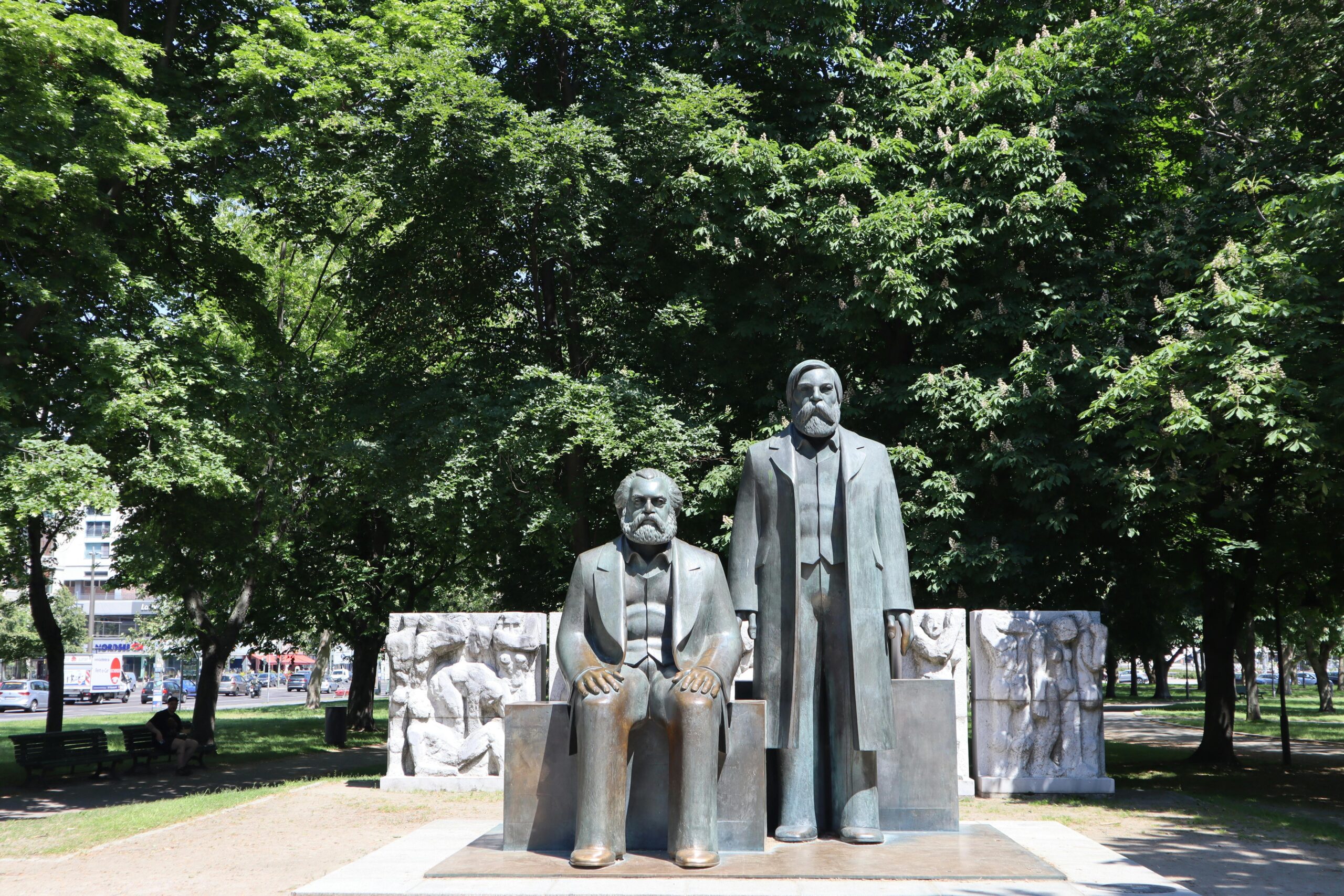Understanding Nietzsche Beyond the Caricature
For much of the early 20th century, Friedrich Nietzsche was often portrayed as a dangerous thinker—a proto-fascist, a nihilist, or a raving madman. His aphorisms were quoted out of context, and his philosophy misappropriated by ideologues, most notoriously the Nazis. Into this distorted picture stepped Walter Kaufmann, a German-American philosopher and translator, whose 1950 book Nietzsche: Philosopher, Psychologist, Antichrist would become a landmark in Nietzschean scholarship.
Kaufmann’s aim was bold but clear: to rescue Nietzsche from his detractors and rehabilitate him as a profound, systematic, and humane thinker. Over hundreds of pages, he dissects Nietzsche’s writings, intellectual influences, psychology, and legacy, presenting him not as a prophet of destruction but as a philosopher of freedom, creativity, and individual responsibility.
A Systematic Philosopher, Not a Ranting Aphorist
One of Kaufmann’s central theses is that Nietzsche is far more systematic than critics give him credit for. While it’s true that many of Nietzsche’s works (like Thus Spoke Zarathustra or Beyond Good and Evil) are written in a poetic and aphoristic style, Kaufmann shows that these fragments are deeply interconnected and supported by rigorous philosophical thought.
Nietzsche’s apparent contradictions, Kaufmann argues, often stem from his dialectical method—testing ideas by pushing them to their extremes—not from intellectual inconsistency. Far from being an irrationalist, Nietzsche engages seriously with the Western philosophical tradition, particularly Greek philosophy, German idealism, and the emerging psychological insights of his time.
Nietzsche the Psychologist: A Thinker Ahead of Freud
Kaufmann devotes significant attention to Nietzsche’s work as a psychologist, arguing that he was one of the most astute analysts of the human psyche in Western thought. Long before Freud, Nietzsche explored concepts such as:
- The unconscious drives behind human behavior
- The will to power as a fundamental motivational force
- The dynamics of resentment (ressentiment) and self-deception
- The construction of moral values through psychological mechanisms
Nietzsche’s analysis of how religious and moral systems evolve from psychological needs rather than divine truths lays the foundation for modern existentialist and psychoanalytic thought. For Kaufmann, this psychological insight is not incidental—it’s central to Nietzsche’s project.
The Antichrist: Nietzsche vs. Christianity
The final word in Kaufmann’s subtitle—Antichrist—comes from Nietzsche’s own book of that name, in which he launches a blistering critique of Christianity. But Kaufmann urges readers to understand this critique not as crude atheism or hate speech, but as a moral and philosophical rejection of slave morality—a morality based on weakness, guilt, and submission.
Nietzsche contrasts Christian morality with the values of classical antiquity, which celebrated strength, vitality, and excellence. He sees Christianity as life-denying, promoting the renunciation of desire, the elevation of suffering, and the glorification of the meek. Kaufmann emphasizes that Nietzsche’s ultimate goal isn’t nihilism—it’s the revaluation of values, a call to build new moral frameworks based on human flourishing.
The Will to Power: Misunderstood and Misused
Kaufmann also critiques the widespread misinterpretation of Nietzsche’s concept of the “will to power.” While some have taken it as a call for domination and tyranny, Kaufmann insists that Nietzsche used the term metaphorically and psychologically, not politically.
The will to power is, at its core, the drive for growth, expansion, creativity, and excellence. It is not about oppressing others but about overcoming oneself—what Nietzsche calls self-overcoming. Kaufmann shows that Nietzsche’s heroes are not despots, but free spirits, artists, and philosophers who shape their own values and live authentically.
Nietzsche and the Nazis: A Gross Distortion
One of Kaufmann’s most impactful contributions is his systematic debunking of the Nazi appropriation of Nietzsche. He demonstrates that:
- Nietzsche despised nationalism and anti-Semitism (his break with Wagner was partly over Wagner’s racism).
- He mocked German chauvinism and promoted a cosmopolitan worldview.
- The Will to Power, often cited by fascists, was not a published work by Nietzsche, but a posthumous, manipulated collection compiled by his sister Elisabeth, who had fascist sympathies.
Kaufmann makes it clear that Nietzsche’s philosophy was deeply individualistic, anti-authoritarian, and opposed to herd mentality—everything fascism is not.
Nietzsche as a Humanist and Educator
Far from being a destroyer, Kaufmann argues that Nietzsche was constructive and even deeply humanistic. His celebration of art, creativity, and personal development places him squarely in the tradition of Enlightenment humanism—albeit one tempered by a tragic sense of life.
Nietzsche doesn’t seek to erase meaning from the world; he urges us to create it anew. Through the concept of the Übermensch (Overman), he calls individuals to rise above inherited values and become authors of their own lives. For Nietzsche, suffering is not an evil to be eradicated but a necessary ingredient in the formation of strength and wisdom.
Nietzsche’s Legacy and Kaufmann’s Influence
Thanks to Kaufmann, Nietzsche went from a controversial fringe figure to a major influence on 20th-century philosophy, especially on existentialists like Sartre and Camus, psychologists like Jung, and postmodern thinkers like Foucault and Derrida (though Kaufmann was highly critical of the latter’s interpretations).
Kaufmann’s readable translations and passionate defense of Nietzsche paved the way for a more balanced, informed understanding of his ideas. He presents Nietzsche as a man grappling with profound questions of meaning, morality, and culture—not a nihilist, but a radical humanist in tragic times.
Conclusion: Why This Book Still Matters
Nietzsche: Philosopher, Psychologist, Antichrist is not just a book about Nietzsche—it’s a masterclass in philosophical interpretation. Kaufmann doesn’t just analyze Nietzsche’s ideas; he brings them to life, clarifying their depth, defending their nuance, and warning against their misuse.
If you’ve ever dismissed Nietzsche as a madman or misanthrope, this book will make you think again. If you’ve admired Nietzsche but struggled to connect the dots, Kaufmann will show you the broader picture. In an age where ideology again threatens to overshadow nuance, Kaufmann’s call to read Nietzsche with charity, rigor, and courage is more relevant than ever.
TL;DR
- Walter Kaufmann’s book reframes Nietzsche as a systematic and humane philosopher, not a nihilist or proto-fascist.
- Nietzsche’s core concerns were psychological insight, moral revaluation, and individual freedom.
- The concept of the will to power is about creativity and self-overcoming, not tyranny.
- Nietzsche’s critique of Christianity targeted its life-denying morality, not spiritual belief itself.
- Kaufmann exposes how Nietzsche was manipulated by later ideologues, particularly the Nazis.
- Ultimately, Nietzsche emerges as a tragic humanist, calling for personal transformation and cultural rebirth.



